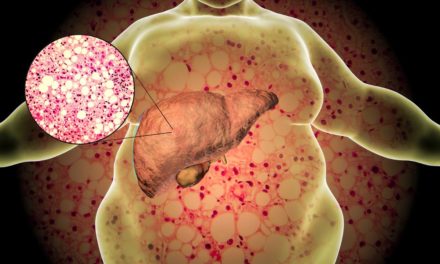Introduction:
Acid reflux, also known as acid reflux or acid indigestion, is a common digestive problem that affects millions of people worldwide. It occurs when the stomach produces too much acid, causing heartburn and upper abdominal pain. Although occasional acid reflux is normal, chronic or severe cases can significantly affect a person’s quality of life. In this comprehensive article, we explore the world of hyperacidity, highlighting its causes, symptoms, precautions, and practical strategies for effective management.
Finding out the causes of acidity:
Hyperacidity results from dysfunction of the lower esophageal sphincter (LES), the ring of muscle between the esophagus and stomach. Common factors that contribute to hyperacidity include:
Unhealthy diet: Spicy, fatty and acidic foods can trigger excess acid production.
Overeating: Overeating or overeating can stress the LES, causing acid reflux.
Lifestyle habits: Smoking, excessive alcohol consumption, and stress can worsen hyperacidity symptoms.
Obesity: Being overweight can increase abdominal pressure, causing stomach acid to flow back into the esophagus.
Pregnancy: Hormonal changes and increased pressure on the stomach during pregnancy can lead to acid reflux.
Identifying Hyperacidity Symptoms:
Hyperacidity presents a distinct set of symptoms that individuals should be aware of, including:
- Heartburn: A burning sensation in the chest, often radiating to the throat.
- Regurgitation: Sour-tasting stomach acid or food coming back into the throat.
- Nausea and vomiting: Some individuals may experience these symptoms, especially after eating.
- Difficulty swallowing: Severe acid reflux can cause difficulty swallowing, known as dysphagia.
- Chest pain: In some cases, hyperacidity can be mistaken for chest pain, causing anxiety.
Effective management and relief strategies:
Dietary changes: Avoid foods that increase acidity, such as spicy, fatty and acidic foods.
Smaller and more frequent meals: Choose smaller, more frequent meals to reduce stress on the LES.
Weight management: Maintain a healthy weight through a balanced diet and regular exercise.
Elevate the head: Elevate the head of the bed a few inches to prevent acid reflux during sleep.
Avoid tight clothes: Tight clothes around the waist can put pressure on the stomach, which leads to acidity.
Stay upright after eating: Avoid lying down immediately after eating so that the food can be digested properly.
Stress reduction: Practice relaxation techniques, such as meditation or yoga, to manage stress and reduce acidity.
When to seek medical advice:
Although hyperacidity can often be managed with lifestyle adjustments, there are instances where medical attention is necessary. Consult a healthcare professional if:
- Symptoms are severe, persistent, or worsen over time.
- You experience difficulty swallowing or unintentional weight loss.
- Over-the-counter medications do not provide relief.
Result:
Heartburn, or acid reflux, is a common digestive problem that can cause discomfort and affect daily life. Understanding its causes, recognizing the symptoms, and implementing effective management strategies are essential to reducing hyperacidity and promoting digestive health. By adopting a balanced diet, maintaining a healthy lifestyle, and seeking medical advice when needed, individuals can manage hyperacidity and enjoy better overall health. Remember, chronic acid reflux can lead to complications, so it’s important to prioritize digestive health and seek professional guidance for persistent or related symptoms.










